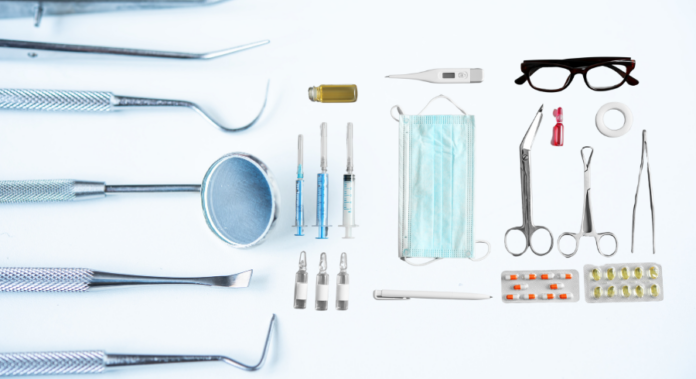A severe shortage of essential medical devices, including diagnostic kits, surgical tools, implants, and monitoring equipment, has begun disrupting healthcare services across Pakistan as customs authorities continue to block shipments at entry points due to expired regulatory exemptions.
According to a report, the issue stems from the lapse of SRO 224(1) 2023 on December 31, 2024, which previously allowed unregistered medical devices to be imported. With no formal extension granted, customs officials have halted shipments, awaiting guidance from the Drug Regulatory Authority of Pakistan (Drap).
Pakistan relies heavily on imported medical devices, which are vital for surgeries, diagnostics, and emergency treatments. The Medical Devices Rules introduced by Drap in 2017 included an exemption period under Rule 52, which was extended multiple times to allow the regulator to process registrations. Despite repeated court directives, thousands of registration applications remain unresolved, leaving importers and hospitals in a state of uncertainty.
Importers and healthcare professionals have raised concerns over the delayed response from authorities. The Healthcare Devices Association of Pakistan (HDAP) confirmed that importers sought intervention from the Islamabad High Court (IHC), which on January 30, 2025, issued a stay order preventing coercive action against petitioners until their pending registration applications were processed. However, despite the court ruling, customs officials remain hesitant, leading to rising demurrage costs and worsening shortages.
According to HDAP, the lack of clear directives from Drap and the Ministry of National Health Services has exacerbated the crisis. While Drap has recommended an extension of the exemption and forwarded its proposal to the Prime Minister’s Office, no formal notification has been issued, leaving customs authorities unclear on how to proceed.
The situation is further aggravated by leadership instability at Drap, which has been without a permanent CEO since the retirement of Asim Rauf two weeks ago.
The ongoing disruption has forced major hospitals to delay surgeries due to a lack of necessary implants and equipment. Reports from medical facilities indicate that shortages of diagnostic kits and surgical tools are already compromising patient care.




